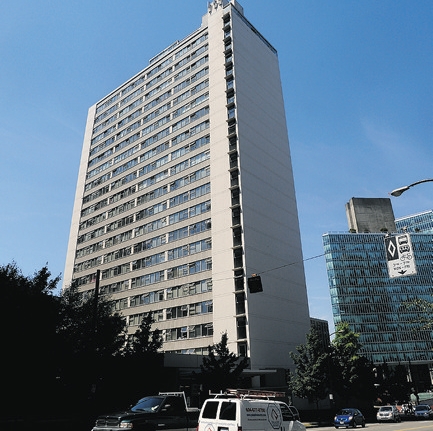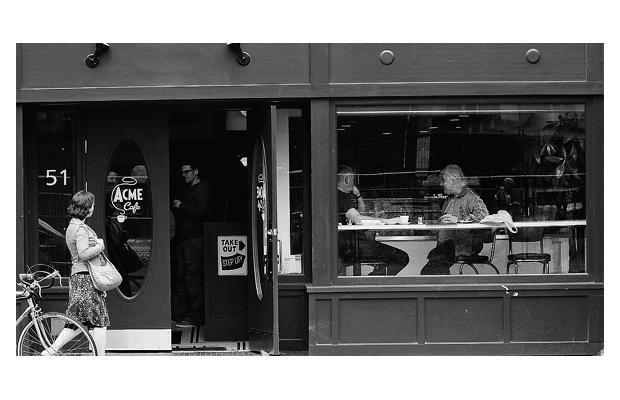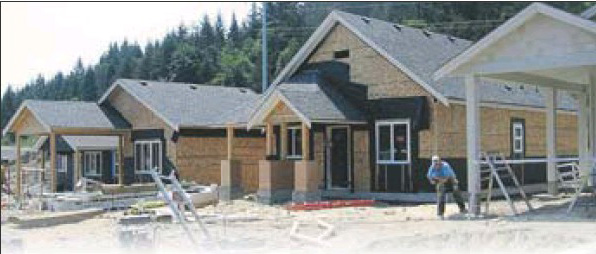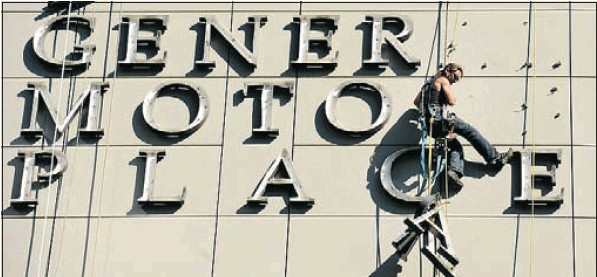Cius available in 2011
Gillian Shaw
Sun

Flip MinoHD, second generation Cisco

Satellite T230 notebook computer, Toshiba

Go Mic, Samson
Cius, Cisco, price not announced
Not to be outdone by Apple, Cisco is joining other contestants in the growing tablet market with the announcement of the Cius — as in ‘see us’, a tablet computer that runs on Google’s Android operating system.
Unlike Apple’s iPad, this tablet will have video calling enabled by front-mounted camera that has 720p HD video capability. Weighing in at just over half a kilogram (1.15 lbs.), with a 17.8-cm (seven-inch) screen, the Cius clearly means business with telepresence interoperability, multi-party conferencing, desktop integration and other features that make it possible to carry out many of the functions of your office computer on this mini device. Like the iPad, the applications will shift to portrait or landscape mode depending on how you’re holding the device. The Cius also supports both Wi-Fi and 3G for data connections with 4G promised later and Bluetooth and micro-USB so users can share data with a PC. The battery lasts up to eight hours.
Trials of the new device are planned for the third quarter of 2010 with the Cius expected to be generally available in the first quarter of 2011. www.cisco.com.
Flip MinoHD, second generation Cisco, $239 Cdn
The second generation of the Flip MinoHD will be available in Canada later in July. The second generation doubles memory with up to two hours of recording and the five-cm transflective screen has
no-glare viewing for shooting in direct sunlight. You can input your videos straight to your high definition TV through the HDMI jack.
All Flip’s camcorders come with FlipShare software so you can edit, organize and share your videos on YouTube and other online sites.
www.theflip.com
Satellite T230 notebook computer, Toshiba, $700 Cdn
Toshiba has rolled out its lineup for fall and with it the lightweight, ultra thin T230 series aimed at the student market. It weighs 1.75 kilograms and has a full-sized keyboard along with an HDMI port and Intel UB5400 processor, a 320-gigabyte hard drive and four GB memory.
The screen is a 13.3-inch high def LED. For students who want a full-function laptop over a netbook or iPad. www.toshiba.ca.
Go Mic, Samson, $60 US
A USB directional condenser microphone that plugs into your laptop or desktop computer. Good for podcasting, voice recognition, webcasting and other applications that require a microphone, this is portable for carrying along with your laptop and it is plug and play, working with both Apple computers and PCs. www.samsontech.com
© Copyright (c) The Vancouver Sun









